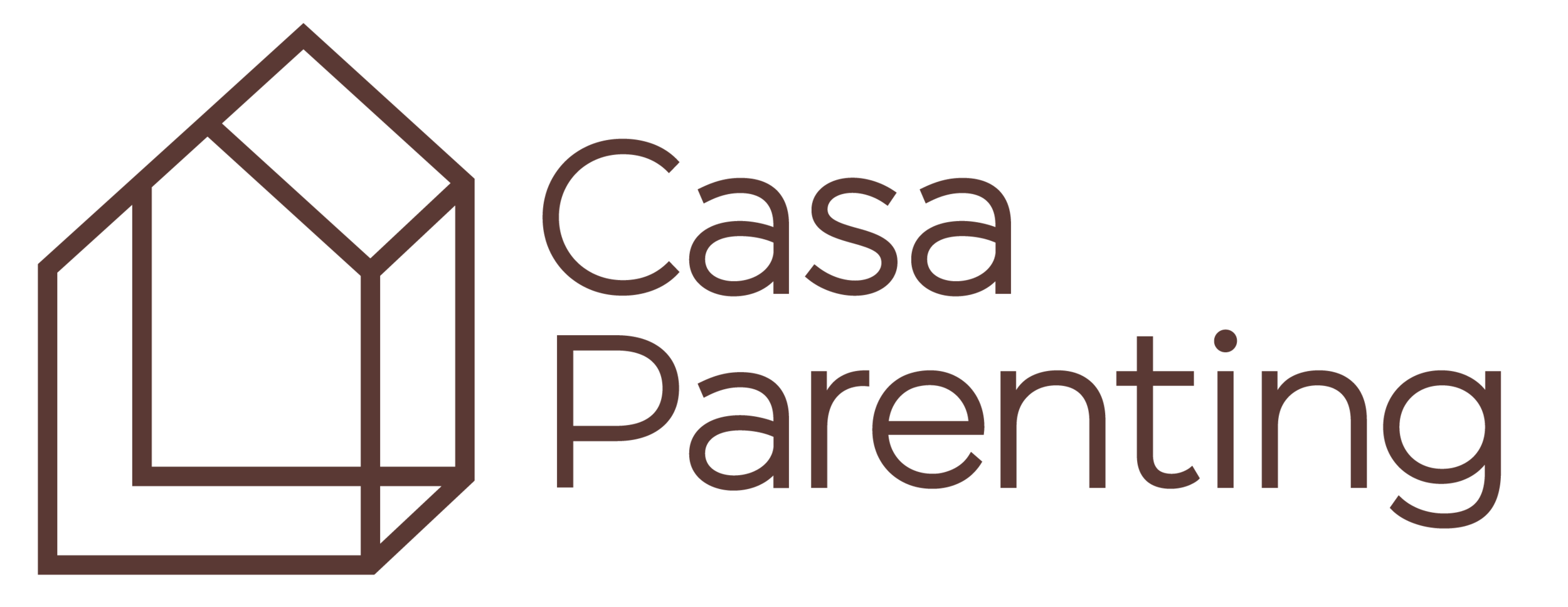The Montessori Philosophy
The first, and perhaps most important, thing to understand about Montessori education is that our goal is not to fill your child's head with facts so that they can pass a test. While we agree that cultivating and expanding a child's knowledge is incredibly important, we also believe that facts are only a part of the knowledge a child can and should cultivate as they grow and develop.
To this end, Montessori encourages children to experience "freedom with limits," which can also simply be described as "child-directed work." Each day Montessori teachers give their students some choice of activity. Students are given the chance to choose an activity that captures their personal interest or attention and then, once an activity has been chosen, they allow the child to spend a lot of time on the activity they chose. In some cases, the child may be working on their activity independently. In other cases, they may team up with a couple of other students who share their curiosity over that particular subject or activity. Together as a team, they discover, learn and grow through exploration.
In a Montessori classroom, this means you won't find a teacher hurrying a child through an assignment or putting time constraints on their exploration of a concept. It also means you aren't likely to find the whole group learning the same thing at the same time. Instead, you're more likely to see small groups of children working on several different activities simultaneously. And, rather than standing up in front of the room directing the class, you're more likely to find the teacher going from group to group of students, answering their questions and helping them along in their exploration.
THE ABSORBENT MIND
A young child is naturally an eager, highly capable learner who can absorb a significant amount from their environment. That is why their preschool and early elementary years are such a critical time to expose them to as many experiences, concepts and lessons as possible. The ideal time to enroll a child in a Montessori program is during their toddler phase — anywhere from 16-32 months. Why so young? Although learning is a life-long concept, the brain of a toddler is similar to a sponge — it soaks up everything in its path. There is no better time to begin encouraging their natural inclination to explore the world around them.
As children continue through the Montessori curriculum into elementary school, the emphasis on exploration and discovery continues, but it becomes guided by a child's need to know "why" something is happening. With a significant focus on society and nature, the elementary school curriculum is designed to incorporate traditional core subjects like math, reading, history and science, but it is also designed to allow children the space to question why things are the way they are and explore how those things impact their daily lives.
The Montessori program also has a strong emphasis on personal accountability and practical concepts, such as time management and keeping personal space clean.
Make it stand out
Whatever it is, the way you tell your story online can make all the difference.



